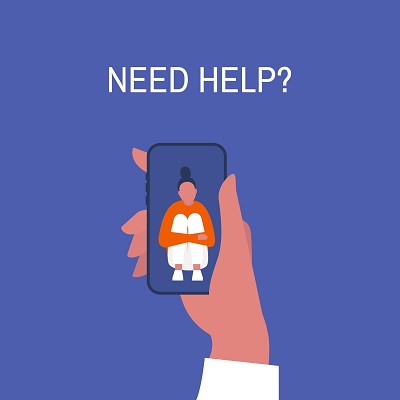What You Can Do to Overcome the Effects of Anxiety Disorders
What You Can Do to Overcome the Effects of Anxiety Disorders

There are a number of different anxiety disorders. Some of the most common are phobia, social phobia, post-traumatic stress, panic, generalized anxiety and obsessive-compulsive. There are two different types of treatment for anxiety disorders: psychotherapy and medication. Use of psychotropic medications for anxiety disorders is sometimes useful, but it is important to know that some of these medications may lead to dependence if taken regularly (i.e., tranquilizers and sedatives) and others may help, but also have negative side effects. In my experience, an evidence-based course of psychotherapy should usually be tried first and medication should only be considered if the response to that initial treatment is not sufficient. Likewise, patients who are already taking medication for anxiety disorders should always have a course of therapy too. In the United Kingdom (UK), where there are universal standards for the treatment of anxiety disorders, patients are routinely offered evidence-based therapies such as Cognitive Behavioral Therapy as the first step in the treatment of anxiety disorders (2014 National Health and Care Quality Standard).
People suffering with an anxiety disorder need to understand that there are important things they can learn to do to bring about improvement other than simply taking medications.
If you have an anxiety disorder you will need to take an active role in your treatment. In the US there is no universal, national quality standard for the treatment of anxiety disorders so it would be helpful for you to start by seeking out organizations that offer evidence-based diagnosis and treatment information and lists of psychologists, psychiatrists and other therapists in your local area that specialize in evidence-based diagnosis and treatment of anxiety disorders. Organizations with websites such as the Anxiety and Depression Association of America (ADAA) and Association of Behavioral and Cognitive Therapies (ABCT) can be of great help. Your anxiety disorder may make it frightening to seek out this information since talking about your anxiety may be stressful, but you must do it anyway. You need to understand that after you find a mental health professional (or therapist, for short) that really knows your condition you must work with that therapist to learn the strategies and tactics (coping skills) necessary for you to get better.
Once you have done the work to find a knowledgeable therapist, they will probably want to learn about your core fears and anxieties and then teach you how to use coping skills that are tailored to your exact needs. However, since your therapist cannot be with you 24/7, eventually you will need to become your own co-therapist. You will need to learn when and how to use your coping techniques when you are on your own. The main thrust of coping skills is not to allow you to distract or escape from the problem. They involve teaching you how to engage with the problem so that almost every time you interact with anxiety you get a little bit stronger.
Coping skills are about facing the problem, not running away from it. In that way you may avoid temporary distractions in favor of long-term gain.
If you have more than one anxiety disorder you need to understand that while there are many similarities among anxiety disorders there are some key differences too and you will need to learn exactly how to use coping skills that are tailored to the type of fear or anxiety that you are experiencing at any given moment. Likewise, if you have depression along with anxiety that will need to be carefully addressed and treated as well.
It takes courage to successfully deal with anxiety disorders, but with lots of good information, coaching and support from your therapist and others you can learn to do it. You may not think that you have much courage because you have an anxiety disorder that make you fearful at times. However, courage is not acting without fear. It is acting despite fear. I have seen many, many examples of people with anxiety disorders who learned coping skills, to help them face their fears, and as a result got better and better over time. You can too.




















